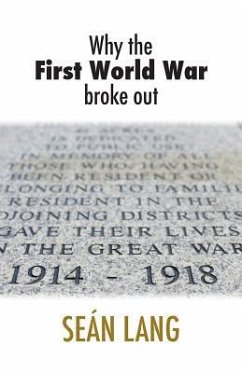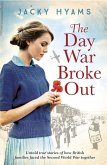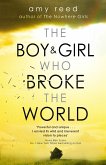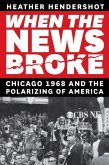Familiar though it seems in many ways, we are much less clear about what the Great War was actually about. It stands in sharp contrast to the Second World War, which we usually think of (not, let it be said, entirely accurately) as a war to stop the spread of Nazism. Since most people see Nazism as a uniquely evil creed, the Second World War, for all its many moral compromises and double standards, remains for most people a Just War: we know which sides were the 'Good Guys' and which the 'Bad'. No such certainty holds good for the First World War. Beyond a vague awareness that the Germans invaded Belgium (and even this is eclipsed in popular consciousness by the 1939 German invasion of Poland) few people nowadays could pinpoint exactly why Britain entered the war, and fewer still could say why the war needed to go on as long as it did. The manner in which the First World War broke out has long been the subject of satirical comment. Oh! What a Lovely War!, Joan Littlewood's celebrated 1964 Theatre Workshop production, later filmed by Richard Attenborough and still regularly performed in amateur productions, presented the outbreak of war in scathingly comic terms, as a falling-out among heavily caricatured national stereotypes. In the BBC TV satirical show Blackadder Goes Forth, Captain Blackadder gives a fairly accurate overview of the alliance system designed to prevent war breaking out in Europe but adds that this plan contained just one tiny flaw: 'It was bollocks'. Since satire has a way of settling in the memory more securely than the truth ever can, it is perhaps worth getting clear at the outset a rather more accurate outline of the events that resulted in a general European war breaking out in August 1914.
Hinweis: Dieser Artikel kann nur an eine deutsche Lieferadresse ausgeliefert werden.
Hinweis: Dieser Artikel kann nur an eine deutsche Lieferadresse ausgeliefert werden.








